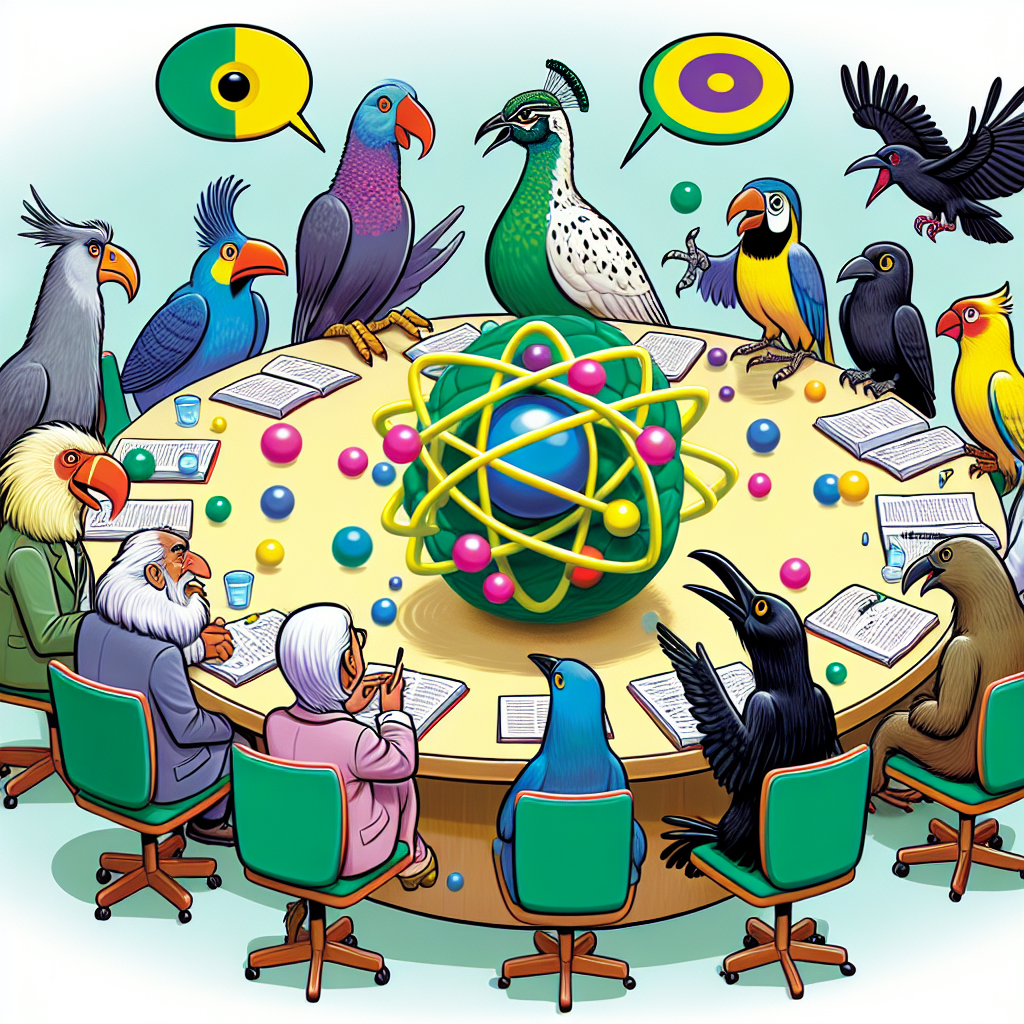Peacemaking Impasse: Faltering Talks and Geopolitical Tensions
Efforts to broker peace in Ukraine faced setbacks as U.S. Secretary of State Marco Rubio canceled his trip to London, leading to broader talks being downgraded. The U.S., Ukraine, and European officials are striving for a ceasefire despite disagreements, including recognition of Russia's annexation of Crimea.

The pursuit of peace in Ukraine encountered a fresh obstacle as U.S. Secretary of State Marco Rubio abruptly canceled his visit to London. This decision led to a demotion of broader negotiations among the U.S., Ukraine, and European officials. Despite the setback, discussions continue at a lower diplomatic level.
The downgrading of Rubio's involvement comes amid increased pressure from U.S. President Donald Trump, who reiterated his desire for a resolution between Kyiv and Moscow. Trump's envoy, General Keith Kellogg, represents U.S. interests, focusing on achieving a ceasefire. However, fundamental disagreements persist, notably over Crimea's status.
Ukraine maintains a firm stance against recognizing Russian sovereignty over Crimea, a point of contention in the U.S. proposal. Despite these difficulties, representatives from all sides aim to narrow gaps and seek mutual ground, amid Washington's parallel diplomatic initiatives with Moscow.
(With inputs from agencies.)
- READ MORE ON:
- Ukraine
- peace talks
- U.S.
- Marco Rubio
- Crimea
- negotiations
- Trump
- Kyiv
- Russia
- ceasefire
ALSO READ
Epstein Files Reveal Clinton's Ties, Overshadow Trump's Scandals
Strategic Shift: Trump Nominates New Southern Command Leader Amid Rising Tensions
US Diplomacy in Asia: Trump, Rubio, and the Quest for Peace
Epstein Files Unveiled: Clinton Featured, Trump Absent
Strategic Dialogue for Peace: Ukraine's Resolve in Negotiations










